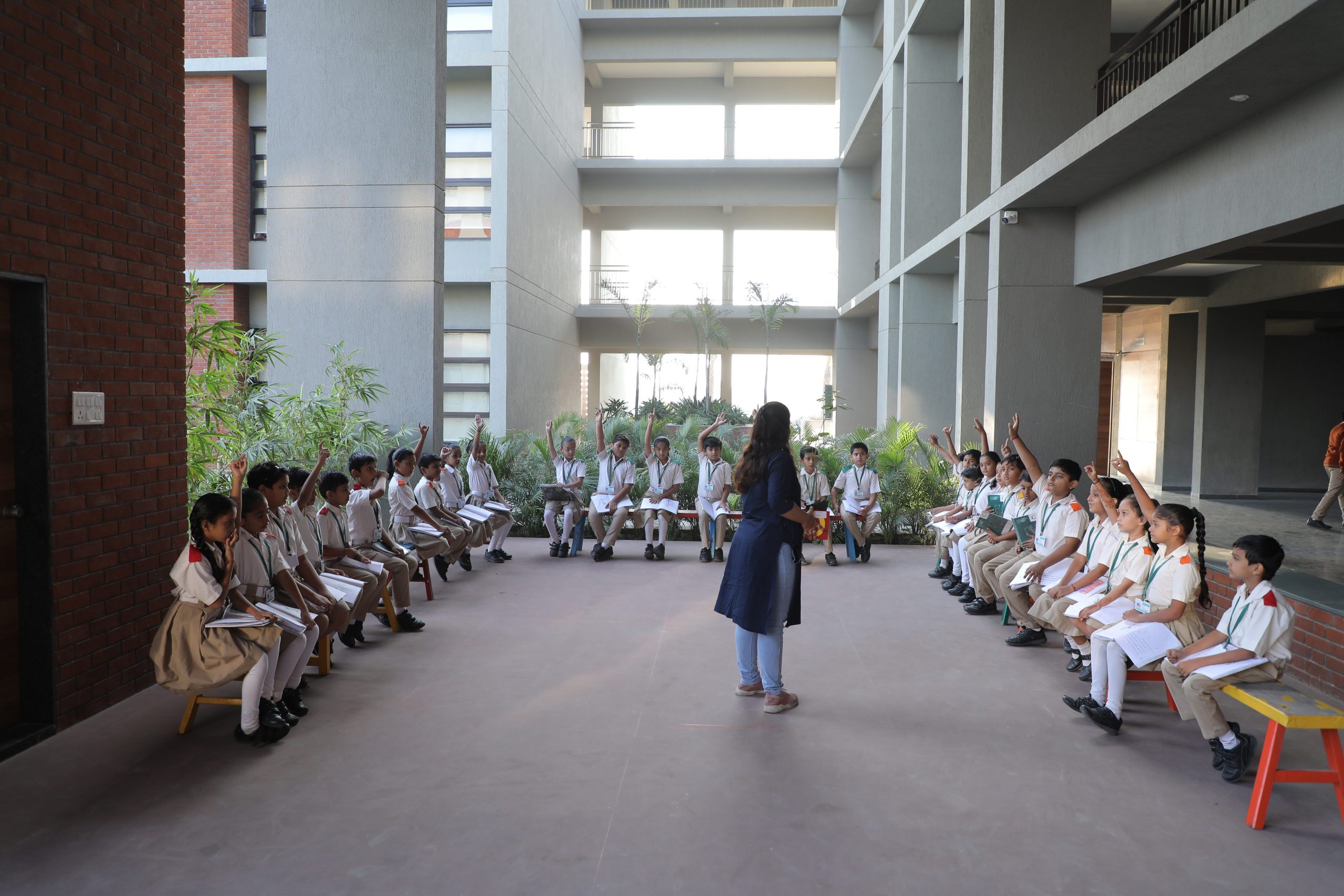



The relationship between student and teacher plays a large role in the trajectory of a child’s academic success and social development.
Establishing a positive relationship with their teacher helps a student feel more comfortable and safer in their classroom environments. Building upon that premise the teachers need to create a nurturing environment where students feel cared about and supported. If the relationship is strong, instructional strategies seem to be more effective. Cultivating a positive rapport with a non-parental authority figure allows students to define themselves, adapt to their environment, and grow their emotional and social intelligence.
The only thing most parents want is a teacher who has their child’s best interest at heart. If you can prove to parents that this is your goal, you can be a winner in their book! The worst thing you could do is to wait to call a parent when their child has a problem at school. No parent likes to have a conversation with a teacher about their child misbehaving. If you are only calling to report negative information, parents will dread phone conversations with you.
Try surprising parents with a call to report exemplary behavior or something their child did that made them stand out against the crowd. For the child who struggles in school, having a good relationship with their teachers is critical to their success. It is not uncommon for kids who struggle academically to have the most challenging relationships with their teachers, which just furthers their issues with performance. Parents love to hear about their children doing great things. Pretty soon, they will start associating you with positive thoughts, which will only help your case when building those positive relationships that you seek. Solely improving students’ relationships with their teachers will not produce gains in achievement.
Implement an open-door policy in your classroom where everyone has a say. Teachers who experience close relationships with students reported that their students were less likely to avoid school, appeared more self-directed, more cooperative, and more engaged in learning. Do not give up too quickly on your efforts to develop positive relationships with difficult students.
Knowing a student’s temperament can help you construct appropriate learning opportunities.
Supportive teacher-student relationships are just as important to middle and high school students as they are for elementary students. Even in situations where adolescents do not appear to care about what teachers do or say, teacher actions and words do matter and may even have long-term positive (or negative) consequences. This way, teachers can share advice, provide guidance, and help make sure all teachers, young and old feel at home in the school.